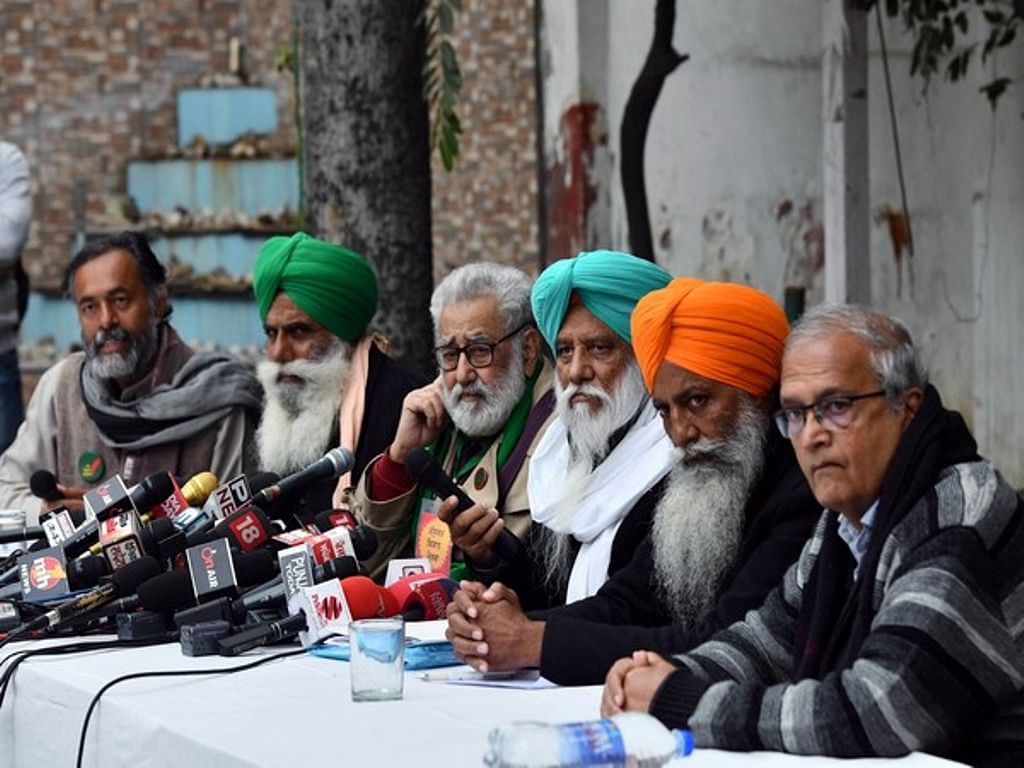
The Sanyukt Kisan Morcha (SKM) has called for a Bharat band on September 25 in order to intensify farmers' resistance to the agrimarketing regulations.
Trains and buses may be halted, and certain activities may be disrupted throughout the day due to the nationwide strike. On the Nagpur-Mumbai highway, protesting farmers dump tonnes of tomatoes due to low prices.
More specifically, according to Samyukt Kisan Morcha leader Ashish Mittal, is intended to deepen and broaden the farmers' agitation, which began in November of last year.
SKM's Ashish Mittal said at a press conference near Delhi's Singhu border, "We are calling for a 'Bharat bandh' on September 25." This comes after a similar ‘bandh' was held on the same date last year, and we hope that it will be more successful than the one held last year, which was held amid the coronavirus pandemic.”
Mittal, the convener of the all-India farmers' convention that ended on Friday, said the two-day event was a success, with participation of representatives from 22 states, not just 300 farm unions, but also members of organizations that work for the welfare of women, laborers, tribals, youth, and students.
During the convention, discussions and deliberations focused on the farmers' agitation against farm laws, which has been ongoing for the past nine months, with the goal of making it a pan-India movement.
“At the convention, it was discussed how the government has been pro-corporate and has attacked the farming community.”
During the convention, Mittal stated the ”demands for repeal of all three pro-corporate farm laws, legal guarantee for MSP of all crops, repeal of the Electricity Bill, 2021, and no prosecution of farmers under the ‘Commission of AQ Management in NCR and Adjoining Areas Bill 2021.”
It should be noted that the farmers' protest against the three contentious laws reached the nine-month mark on Thursday, when they arrived at the Delhi borders for the first time. Farmers have been calling for the repeal of the laws, which they fear will eliminate the MSP system, leaving them at the mercy of large corporations.
Over ten rounds of talks with the government, which has projected the laws as major agricultural reforms, have failed to break the two parties' deadlock.
















